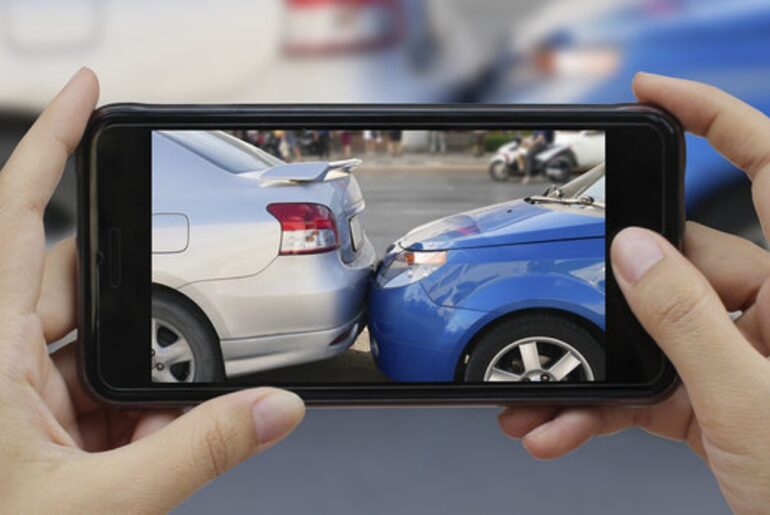While head-on collisions are a different story, it is not always easy to establish liability in the case of rear-end car accidents. In most cases, the rear car driver might be the one at fault, but it is not always the case. Each accident is different, and multiple factors play a role in determining liability for the accident (whether partial or complete liability). It might be that the rear driver was not responsible for the accident at all.
Rear-end car accidents are a common occurrence. According to an estimate, nearly two million rear-end car accidents occur every year, and on average more than 1500 people suffer lethal injuries as a direct result of these accidents.
Cause of Accidents
Most of the rear-end car accidents around the world are caused by negligence on part of the driver. The most common cause is texting or calling on your phone while driving, which can distract you from complete attention to the road, putting you and everyone else on the road in grave danger.
Another common scenario is where several cars crash into each other on a busy highway. In such cases, multiple cars are damaged, and most of them are rear-end accidents. It commonly occurs during winters when the roads are slippery, and the cars cannot maintain control.
Determining Fault in Virginia
The State of Virginia has different laws for rear-end car accidents. The pure contributory negligence rule states that you are not entitled to any form of compensation if you are even one percent liable for the accident.
In contrast to contributory negligence, comparative negligence is practiced in most areas in the United States. It states that if you are ten percent liable for the accident, you can still sue for damages. In case you win the lawsuit, your monetary compensation will become less by the percentage of your liability, which, in this case, is ten percent.
Under the Virginian law, the burden of proof lies with the rear car driver. Therefore, if he/she can successfully prove in a court of law that you were minimally responsible for the accident, you will not be able to receive monetary compensation for the damages.
Difficulty in Making a Legal Claim
Due to the laws in Virginia being different than the other States, if you are ever involved in such an accident, handling a legal claim becomes more challenging than usual. Not only do you have to gather sufficient evidence that proves that the other driver was negligent, but you also have to provide proof of your innocence in the matter to absolve yourself of any liability for the accident.
Hiring a Lawyer
No two accidents are ever identical. The different circumstances surrounding different cases means that no two outcomes would be similar. Add to this the complexity of the Virginian law, and pursuing a legal claim becomes a challenging task.
It is advisable to hire an experienced lawyer who is well-versed in Virginian law and has dealt with such accidents in the past. You can obtain a free initial consultation and determine your plan of action from there onwards.

